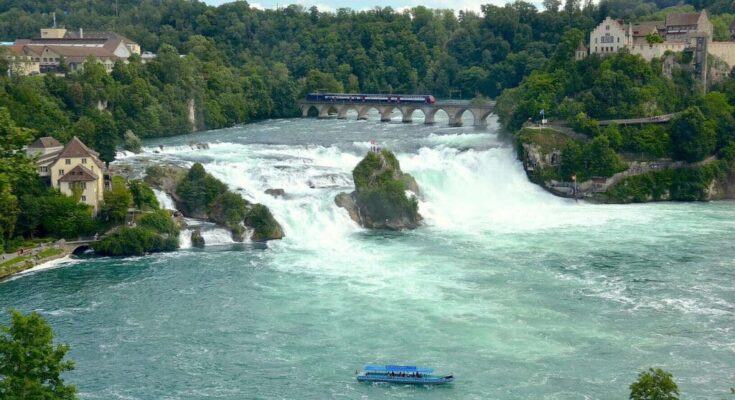
For the first time in history, humanity has disrupted the global water cycle, leading to a growing crisis that threatens economies, food supplies and lives, according to a major new report.
Years of poor land use and bad water management have combined with climate change put extreme pressure on the world’s water system. This is the conclusion of the Global Commission on the Economics of Water, a group of international experts, in a report published on Wednesday.
The water cycle is how water moves around the planet. Water evaporates from the land, rivers, lakes and plants, rising into the air. It travels as vapor over long distances before cooling and falling back to the ground as rain or snow.
Rain is no longer a dependable resource
The global water crisis is already having devastating effects. Nearly three billion people are dealing with severe water shortages. As groundwater depletes, crops fail and some cities are literally sinking.
If immediate steps aren’t taken, the consequences will escalate dramatically. The crisis threatens over 50% of the world’s food production and could slash countries’ economies by an average of 8% by 2050. In poorer nations, this drop could reach as much as 15%, according to a new report.
“We will fail on climate change if we fail on water.”
The Global Commission on the Economics of Water report is a landmark call to action.
Water scarcity is not just an environmental issue, it is a direct threat to food security, livelihoods and communities worldwide.… pic.twitter.com/RaxsduJkGQ
— Mina Guli (@minaguli) October 17, 2024
Johan Rockström, one of the authors and co-chair of the Global Commission on the Economics of Water, stressed that for the first time, humans have disrupted the water cycle. The report highlights that rain, which we rely on for fresh water, is no longer a dependable resource.
The report explains two types of water: “blue water,” found in lakes, rivers and underground sources, and “green water,” which is the moisture held in soil and plants.
Green water, often ignored, plays a key role in the water cycle. As plants release water vapor into the air, this moisture is responsible for nearly half of the rainfall over land, according to the report.
Disruption of the water cycle linked to climate change
The report highlights how the disruption of the water cycle is closely linked to climate change.
Green water is essential for plant life, which helps absorb carbon that warms the planet. However, human activities like destroying wetlands and forests are weakening these natural carbon absorbers, speeding up global warming.
Rising temperatures, fueled by climate change, are drying out the land, reducing moisture, and increasing the risk of wildfires.
The crisis is worsened by the growing demand for water. The report estimates that people need around 4,000 liters (about 1,000 gallons) per day to live a decent life – far more than the 50 to 100 liters required for basic needs, according to the United Nations. This amount is much higher than what most regions can supply from their local water sources.






